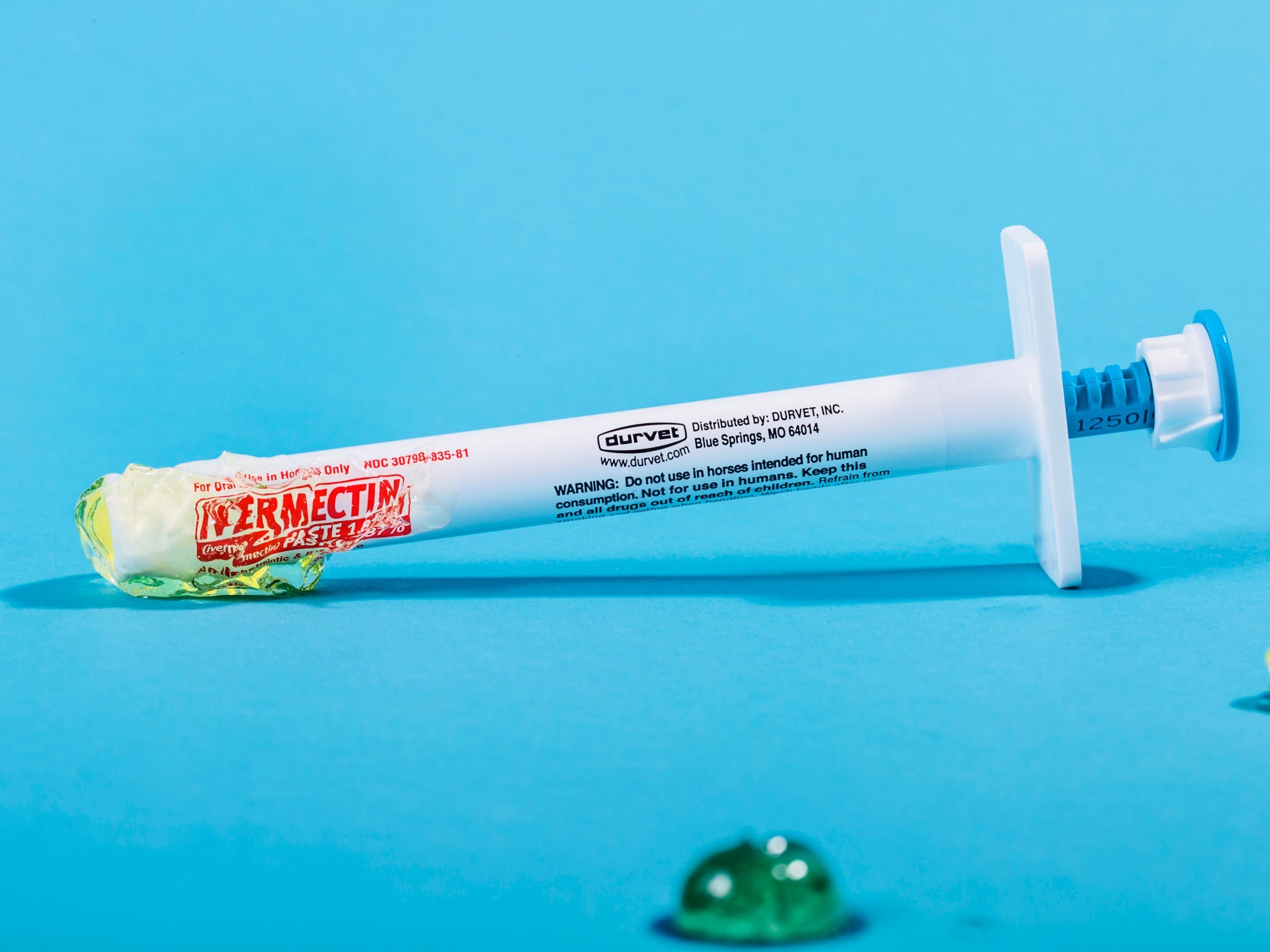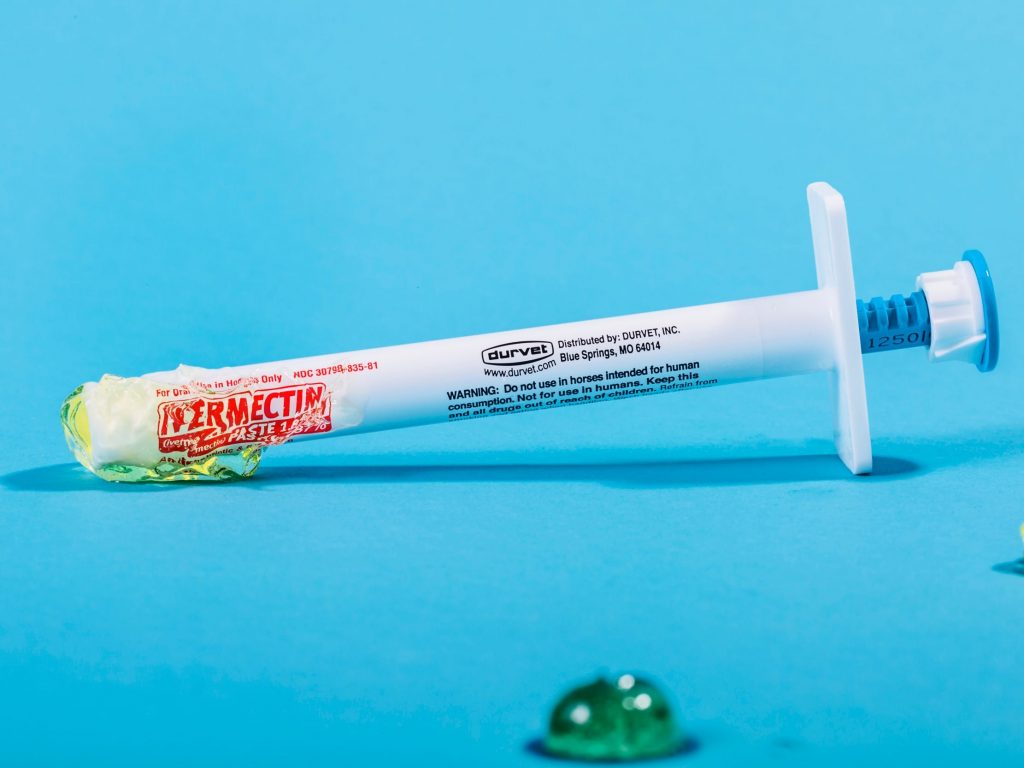
Hollis Johnson/INSIDER
- Undocumented immigrants are turning to unproven coronavirus treatments, The New York Times reported.
- They don't have access to proper healthcare and some are sceptical of healthcare workers, it reported.
- The treatments include antimalarial drugs or herbal remedies sold at markets or "wellness" clinics.
- See more stories on Insider's business page.
Everyone living in the US can get a free COVID-19 vaccine regardless of their immigration status, the Department of Homeland Security has said – but getting treatment for COVID-19 is harder for some people, according to a report by The New York Times.
Some undocumented immigrants are spending thousands of dollars on unproven coronavirus treatments because they don't have access to proper healthcare, it reported.
These COVID-19 treatments include malaria drugs, penicillin, an antiparasitic drug used to deworm horses, and herbal remedies, sometimes sold at so-called "wellness" clinics or on the black market, The Times reported.
Healthcare experts and campaigners told The Times that people with no health insurance might seek alternative therapies. Some people were also sceptical towards the government and healthcare workers, especially when there was a language barrier, they said.
"My community fears that the government might be trying to get rid of us," Oralia Maceda Méndez, an advocate at a community group for Indigenous people from Oaxaca, Mexico living in Fresno, California, told The Times.
She said that some immigrants had tried to treat the virus using penicillin, other antibiotics, or a mix of vitamins and herbal therapies, including some sold by travelers who had bought them in Mexico.
"I am not surprised that people are taken advantage of," she said. "We don't have the care we need."
The Food and Drugs Administration and the Federal Trade Commission had contacted hundreds of companies over "health-related COVID-19 scams," the groups said in April. Those making "deceptive claims related to the treatment, cure, or prevention of COVID-19" could face penalties of up to $43,792 for each violation, they said.
But The Times reported that vendors at a flea market in Fresno were selling prescription drugs as COVID-19 treatments, without supporting evidence. These included the anti-parasitic drug ivermectin, which is used to deworm horses and sparked a wave of poisonings at the start of the pandemic, as people tried to use it to prevent or treat the virus.
The market also sold hydroxychloroquine, the malaria drug that former President Donald Trump backed as a COVID-19 cure before the FDA revoked its emergency-use authorization last June, and dexamethasone, a steroid Trump took as he recovered from the virus.
It's "disappointing but not surprising" that people on low incomes had spent money on these treatments because they were "desperate and bombarded with misinformation about the coronavirus," Rais Vohra, interim head of Fresno County's health department, told The Times.
Sandra Celedon, president of Fresno Building Health Communities, said that several low-income Latino immigrants had said they had spent their savings on unproven vitamin infusions and peptide therapies. Some of these cost more than $1,000, the publication reported.
"These folks are the poorest of the poor, and yet the doctors were requesting cash for their unproven treatments," Celedon told The Times.
The publication reported that even when these drugs aren't dangerous, they can cause people to delay getting professional help from doctors.
And they can also limit which treatments doctors can give a patient because of potential drug interactions, Dr. Kathleen Page, an infectious-disease specialist at Johns Hopkins University School of Medicine in Baltimore, told The Times. Undocumented immigrants from Mexico and Central America seeking emergency treatment at her hospital often say they have already taken treatments including home remedies, vitamins, and antibiotics, she said.
